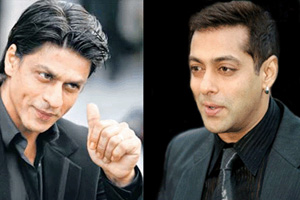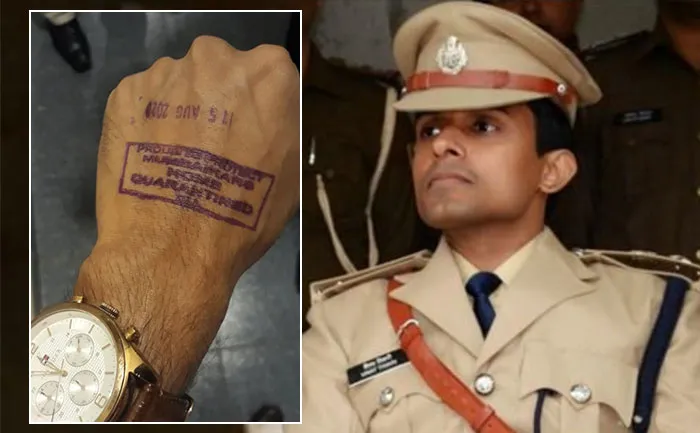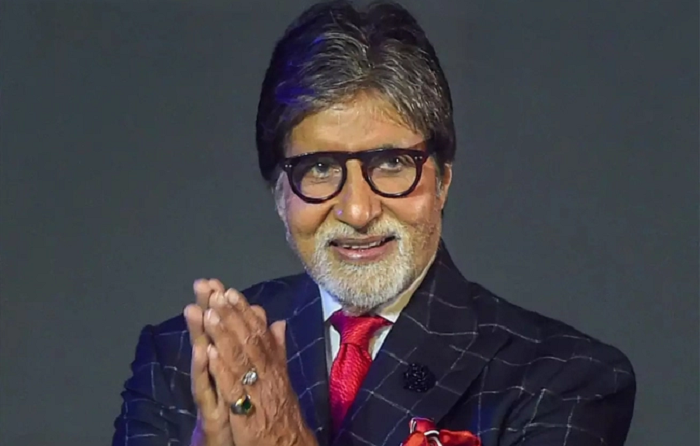Kolkata, Oct 30: Shah Rukh Khan thanked Salman Khan for promoting his film on reality show 'Bigg Boss'. saying it proves that there are no issues between the duo.
"I think it's extremely gracious of him to have done that. I thank him from the bottom of my heart because it also takes away from the fact that when people talk about issues between actors (it proves that) we don't have any issues," Shah Rukh said.
In Kolkata to promote his latest release 'Happy New Year', the 48-year-old actor said wherever there is a platform they talk about each other's work and promote it in the way possible.
On last weekend's episode of 'Bigg Boss', Salman had promoted the film by doing a small gig for SRK and he had even tweeted about the movie.
'Happy New Year' director Farah Khan said Salman has always been their friend.
"He has been very encouraging and he loves the madness of our movies," she said.
The two superstars, who had a public fall out in 2008, are now seen to be sharing positive vibes and even greeting each other at parties.







Comments
Add new comment